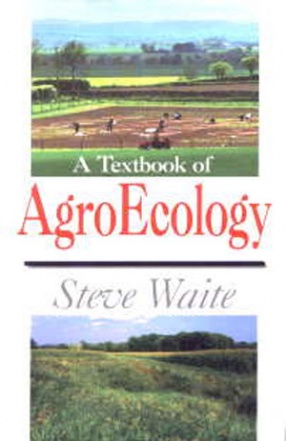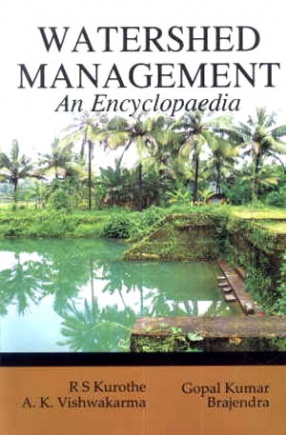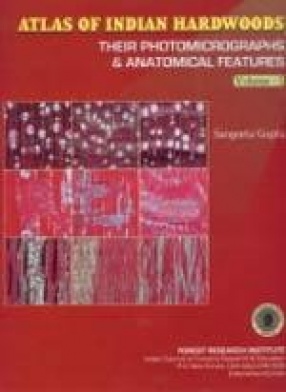Agroecology is a scientific discipline that uses ecological theory to study, design, manage and evaluate agricultural systems that are productive but also resources conserving. Agroecological research considers interactions of all important biophysical, technical and socio-economic components of farming systems and regards these systems as the fundamental units of study, where mineral cycles, energy transformations, biological processes and socio-economic relationship are analyzed as a whole in an interdisciplinary fashion.
The book aptly starts with discussion of agroecology and food production system and proceeds to traditional agriculture and agroecosystems where by taking into account various agroecosystems with respect to diversity and stability in different agricultural environs.
Other chapters are about disturbance succession, and management of agroecosystem, and the role of different energy flowpaths in various agroecosystems. Then the role of animals in maintaining agroecosystems is highlighted in the chapter The place of animals in agroecosystems.
The book further talks about the sustainable agricultural ecology and ecological balance in the chapters: Agriculture in the ecologically balanced management, Indicators of sustainable agroecosystem, Diversity of landscape and agroecosystem and sustainable food system in sustainable agroecosystems.
Strategies for sustainable farming systems and supportive glossary of terms is given towards the closure of the book which fits the need of a general student and scholar.






There are no reviews yet.